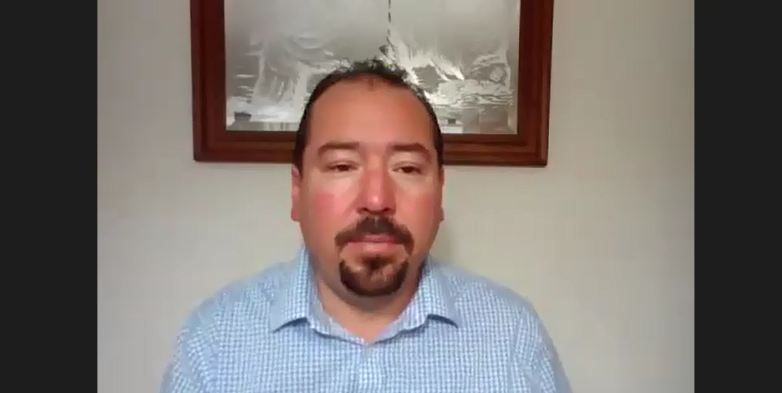After two days of lengthy and contentious discussions in Toronto, Ontario's First Nations have ratified a $47.8-billion child welfare reform agreement with Ottawa, which has been in the works since 2016.
Ontario's largest confederation of First Nations, the Nishnawbe Aski Nation (NAN), voted to ratify the agreement, followed by the Chiefs of Ontario (COO) on Thursday afternoon. A third and final vote will be held at the Assembly of First Nations meeting in Calgary next week.
Although the agreement promises nearly $48 billion over 10 years for First Nation child welfare agencies — which are run by their local communities and have suffered from chronic underfunding — over the past two days, many chiefs expressed dissatisfaction with the terms of the agreement. It does not apply to children or agencies located off-reserve, for instance.
These criticisms did not stop Ontario First Nations leaders from voting overwhelmingly to approve the agreement on Thursday, with 62 chiefs voting in favour, three against, and one abstention.
"We recognize and acknowledge the flaws of this agreement. As we have always said, it's not a perfect agreement," said NAN Grand Chief Alvin Fiddler during a press conference after the vote, adding that all chiefs "recognize that the status quo continues to harm our children.
"They made this decision because if they say no to this agreement, they are saying yes to the status quo."
Ontario Regional Chief Abram Benedict also noted that because the agreement stems from a 2016 merits decision of the Canadian Human Rights Tribunal, in which NAN and COO were interveners, the scope of what the deal could cover was limited to issues considered by the tribunal.
"There are lots of other areas that impact family our children: drinking water, housing, and economic development," said Benedict.
"We have built into this settlement some acknowledgment and additional resources of the housing, but there are other areas that need to be addressed."
What's next for child welfare
Despite the acknowledged problems with child welfare on reserves resulting from underfunding, the province is not including Ontario's 13 Indigenous agencies in its audit of child welfare agencies.
During a technical briefing this week, government officials explained this is because the province is "on a different path with Indigenous [communities] around self-determination and jurisdiction."
Benedict had little sympathy for the non-Indigenous agencies getting audited, noting that many of them have "done a disservice to our communities" over the decades.
"They have not been supportive of our communities one bit, and the action of the Ontario government to audit some of these institutions is, unfortunately, not surprising," said Benedict.
One of the next steps in fixing First Nation-run agencies, he said, will be to press the Ontario and the federal governments for a complete overhaul of the Indian Welfare Agreement they signed in 1965, which would likely increase the province's responsibility to fund Indigenous child welfare services.
But first, the current agreement needs to make it through one final approval at the Assembly of First Nations (AFN), which is shaping up to be an even more contentious discussion.
The agreement between Ottawa and Ontario First Nations caused much consternation from Indigenous organizations and communities in the rest of Canada, who have complained that they were left out of the agreement and accused NAN and COO of negotiating it in secret.
Fiddler emphatically rejected the last point, calling it "absolutely false."
Benedict added that AFN was kept informed and was responsible for relaying that information to other regions. He also pointed out the negotiations involved NAN and COO because they were the interveners in the human rights tribunal case.
"I can't speak to why other regions weren't interveners," said Benedict.
"If, for whatever reason, the (AFN) vote is not positive, then we still have a mandate for (accepting) the proposal, and we'll have to consider what our next steps are."
This article originally appeared on The Trillium, a Village Media website devoted exclusively to covering provincial politics at Queen’s Park.
